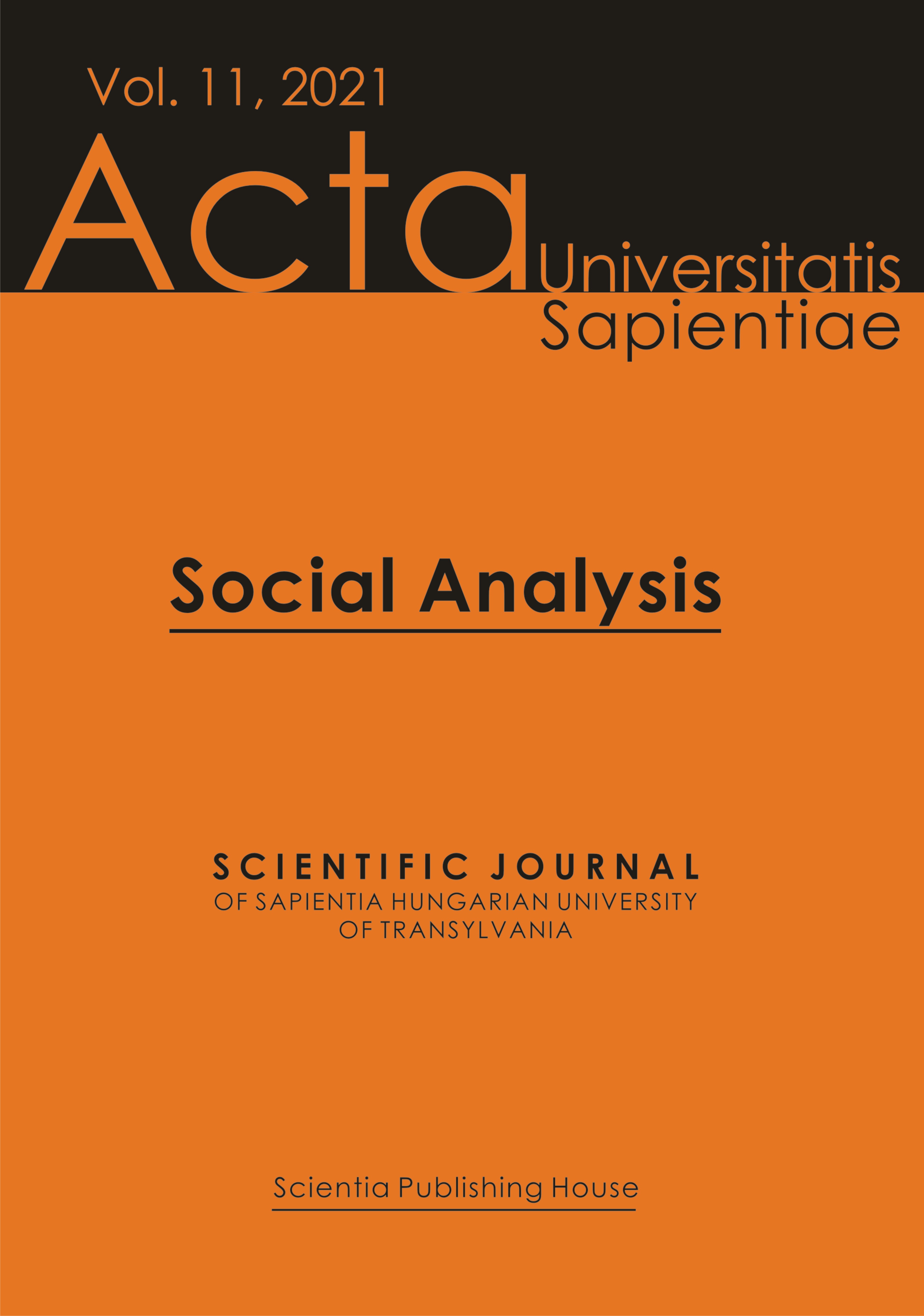Scripts in Rural Élites’ Attitude as Narrative Barriers in the Hungarian–Roma Interethnic Relations in Szeklerland (Romania)
Scripts in Rural Élites’ Attitude as Narrative Barriers in the Hungarian–Roma Interethnic Relations in Szeklerland (Romania)
Author(s): Zoltán Bíró A., Ágnes Sárosi-BlágaSubject(s): Culture and social structure
Published by: Scientia Kiadó
Keywords: scripts; narrative barriers; interethnic relations; Roma integration;
Summary/Abstract: Relying on an interview-based research conducted in Romania’s Szeklerland area, in settlements with a significant Roma population where the majority of the inhabitants are of Hungarian ethnicity, the present study investigates the non-Roma rural élites’ attitude towards the local Roma population. The regional relevance of the topic is indicated by the fact that the importance of the Roma population’s social integration is present in social publicity, while at the same time the three decades following the 1989 socio-political turn in Romania witnessed only a few attempts at the planning and launching of programmes aimed at the Roma population’s social integration. In the course of the past three decades, the regional institutions and élites have repeatedly shuffled off the professional thematization and practical addressing of this issue, whereas in principle they emphasized the importance of social integration. This study aims to explore some of the components making up the background of the above-outlined ambivalent attitude. With the script analysis method, we intend to look into what scripts rural elite actors adopt in building the narratives on the Hungarian–Roma attitude and what role this narrative creation has in the case of the élite belonging to the Hungarian ethnic majority.
Journal: Acta Universitatis Sapientiae, Social Analysis
- Issue Year: 2021
- Issue No: 11
- Page Range: 116-131
- Page Count: 16
- Language: English

